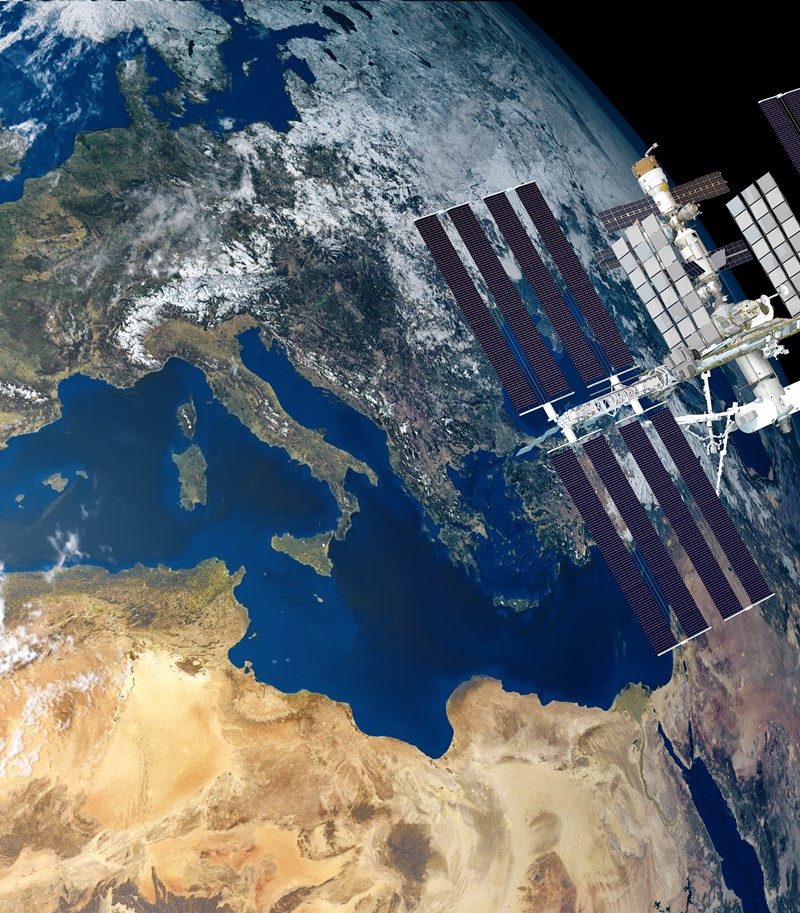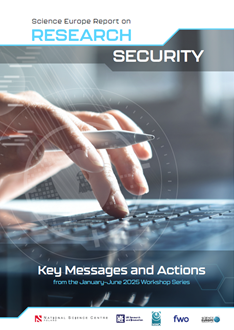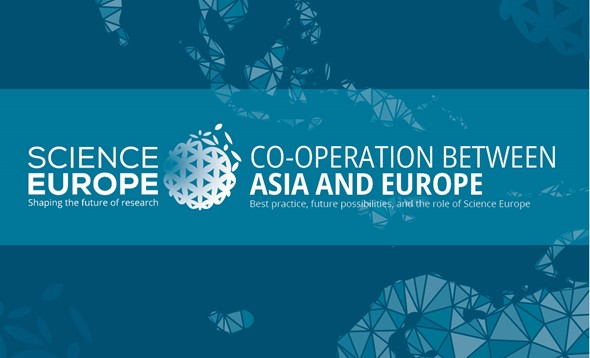Diamond Open Access is a community-led scholarly publishing model without financial barriers for authors or readers, making knowledge available as a global public good. It promotes equity, sustainability, multilingualism, and bibliodiversity, aligning with the Budapest Open Access Initiative, the UNESCO Recommendation on Open Science, the Action Plan for Diamond Open Access, and the Global Digital Compact.
The Global Summits on Diamond Open Access are pivotal gatherings that unite stakeholders from across the globe to advance a scholarly communication system that is equitable, sustainable, and community-driven.
The 3rd Global Summit on Diamond Open Access, building on successful events in Toluca, Mexico (2023) and Cape Town, South Africa (2024) will take place in Bengaluru, India between 2-6 February 2026.















